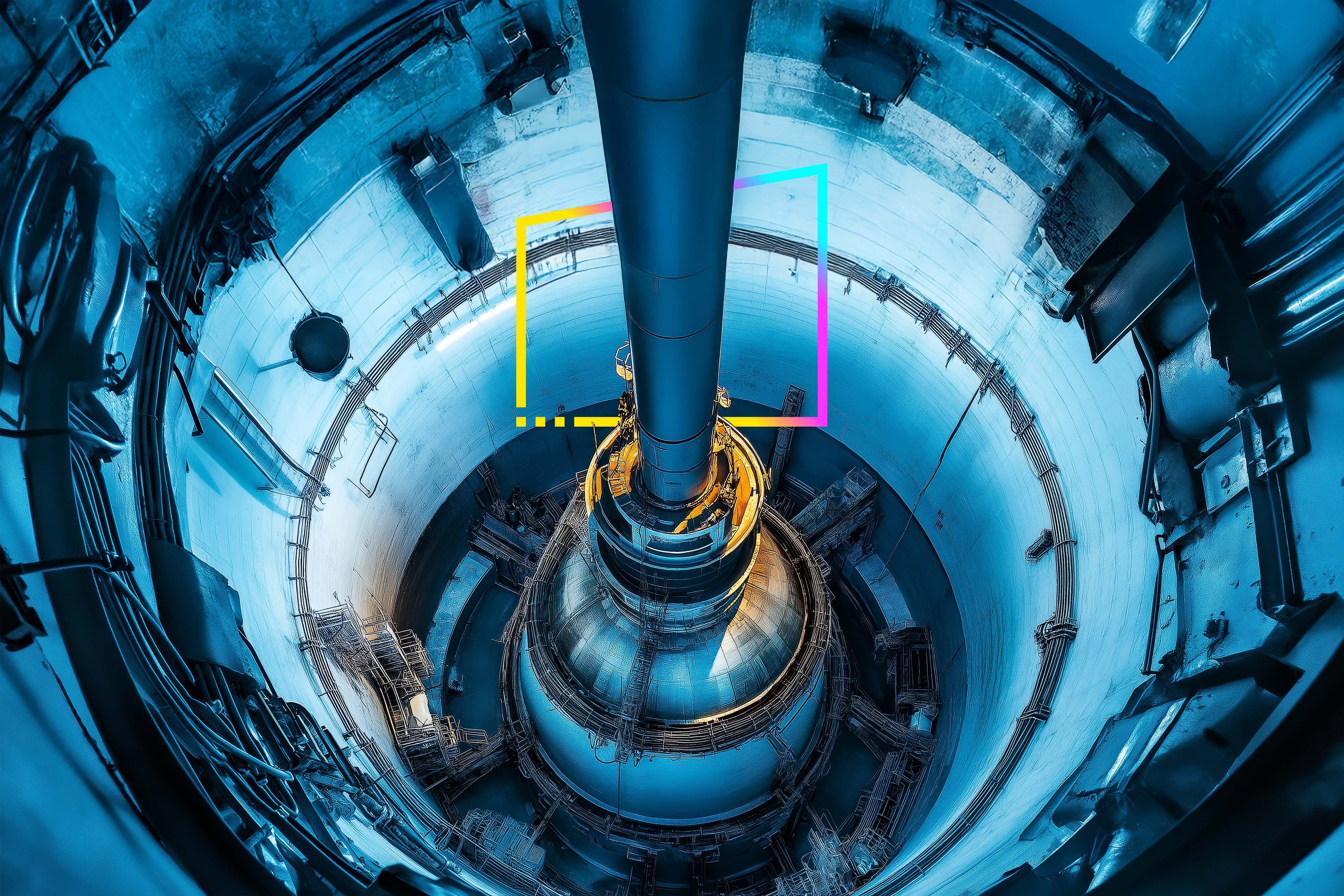EY refers to the global organization, and may refer to one or more, of the member firms of Ernst & Young Global Limited, each of which is a separate legal entity. Ernst & Young Global Limited, a UK company limited by guarantee, does not provide services to clients.
Mere access to the premises of a Joint Venture does not constitute a PE
On 9 March 2022, the Delhi Bench of the Income Tax Appellate Tribunal (Tribunal) issued its decision FCC Co. Ltd. v. ACIT [ITA No. 8960/Del/2019 and ITA No. 54/Del/2019] on whether the technical support services rendered in India by a Japanese company could give rise to a permanent establishment (PE). In this case, a Japanese company in the business of manufacturing and supplying automotive parts entered a joint venture (JV) agreement with another company in India and formed a JV in India. The Japanese company sent some of its employees to the factory site of JV in India to provide technical support to the JV in manufacturing and assembly of products.
The Indian tax authority argued that the Japanese company frequently sent its professionally qualified employees to the factory site of JV in India to guide its production and manufacturing activity and such factory site constituted a Fixed Place PE in India. It also argued that the Japanese company would constitute a Supervisory PE in India due to certain employees of the Japanese company helping to set up a new product line in India for which end-to-end supervision has been rendered. The period of stay of these employees in India exceeded six months and, hence, it would constitute a Supervisory PE of the Japanese company in India as well under Article 5 of the India-Japan double taxation avoidance agreement (DTAA).
The Tribunal analyzed whether the JV constituted a fixed place of business. In order to constitute a fixed place of business, it is necessary that the premises are at the disposal of the enterprise. The place is at the disposal of the enterprise when the enterprise has the right to use the premises and control over the premises. In the case at hand, the Japanese company had access to the premises of the JV but only limited to rendering of services to the JV with no control over the premises. Therefore, the Tribunal concluded that merely providing access to the premises does not constitute a Fixed Place PE for the Japanese company. Additionally, the Tribunal concluded that the employees of the Japanese company did not do the supervision in connection with any building site or construction, installation, or assembly project. Thus, the existence of a supervisory PE did not arise and thus, the computation of the duration of stay of the employees is not relevant.


